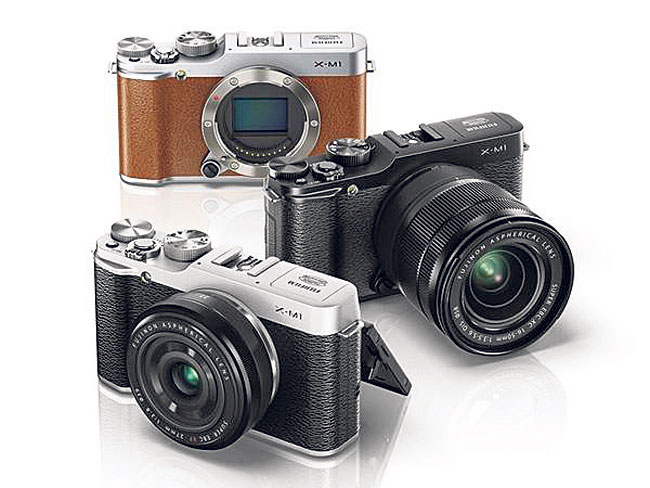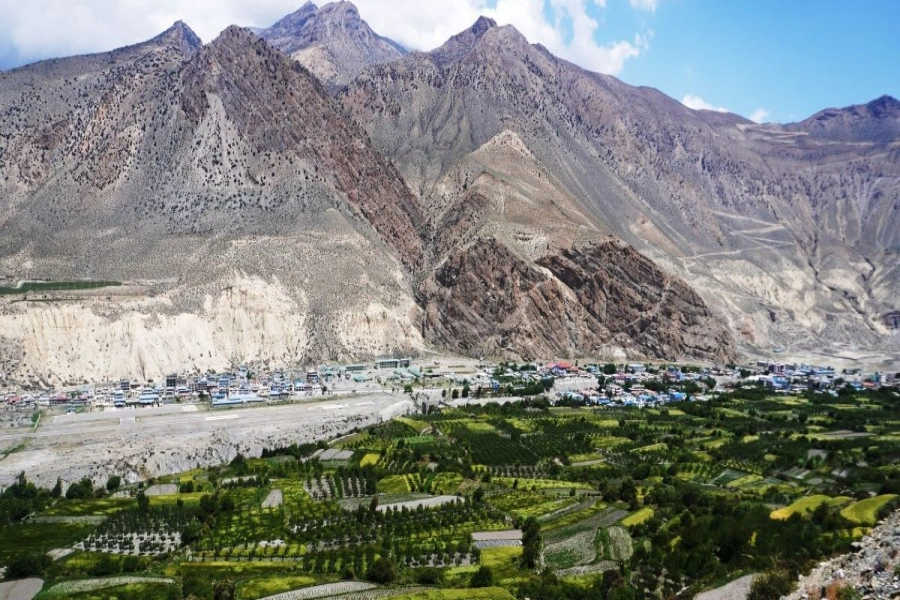Know your camera
To take good photos, one must first understand their camera, and this includes being accustomed to it so that you find the required camera settings when it is required. Whether you’re working with a DSLR, a mirrorless camera or even a point-and-shoot camera, knowing exactly how the camera works does not hurt.
Three pillars of photography
Tricks for taking good Instagram photos

Shutter speed
The shutter speed or otherwise known as the “exposure time” is the time frame when the camera’s shutter remains open. The lower the shutter speed, the more light enters the sensor while higher shutter speeds means less light is exposed to the sensor. Shutter speed is measured in fractions of a second, for example, 1/5 means one fifth of a second, while 1/500 means one shot per five-hundredth of a second, while long exposures go up to 30 seconds.
Aperture
To put it simply, aperture is the hole in the lens that determines how much light enters the lens and subsequently the camera sensor. Most people find it difficult to determining the aperture value required, as a large aperture size is associated with small numbers for example f/1.4 or f/4.5 and small aperture size is associated with larger numbers like f/16 or f/22. It adds dimension in photography by either blurring the background or bringing everything into focus.
ISO
In simple terms, ISO is the sensitivity of the sensor to light. The sensor of the camera, the component responsible for changing its sensitivity according to the light and gathering the light to transform it into an image, allows pictures to be taken even in low light with high ISO. While low ISO allows to pictures to be taken in very high brightness. The sensitivity can be 125 in high brightness or 8000 in low light, according to the circumstances.

Holding the Camera
- Use both hands, one hand around the body and one around the lens and close to the body.
- Position your feet perpendicular to your subject.
- Push your elbows to your sides.
- Hold the camera at a balance point.
- Breath out right before pressing the shutter.
- Stabilize by leaning on something sturdy.
- Use a tripod.
- Use a shutter speed that matches focal length, for example a lens that is 100mm lens, the shutter speed should be no lower than 1/100th of a second.







































